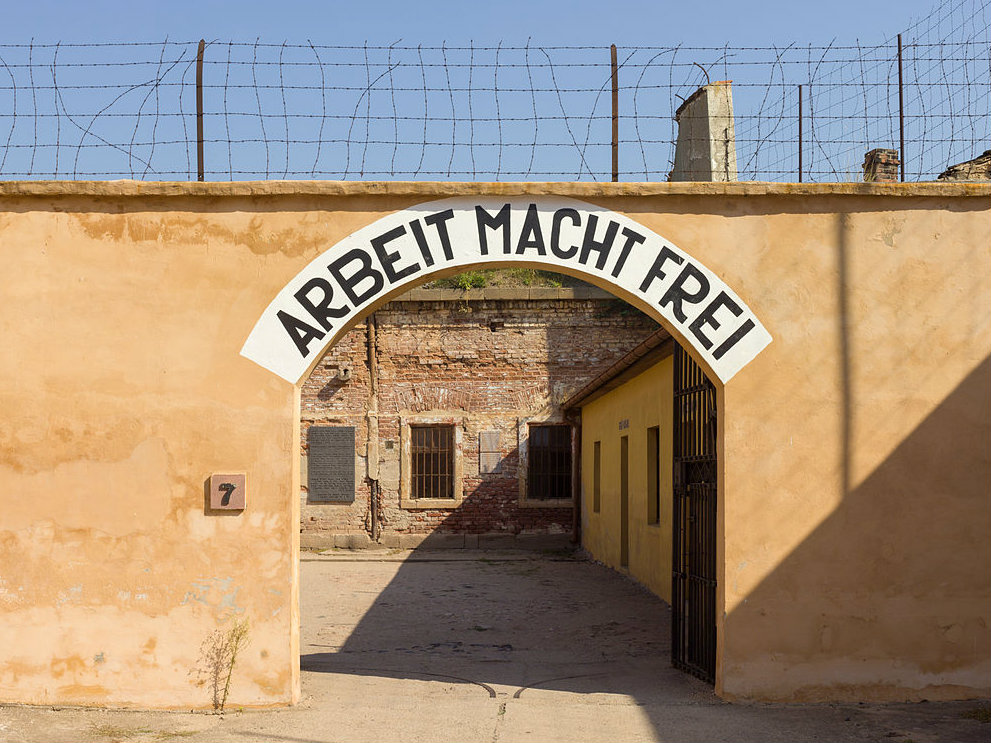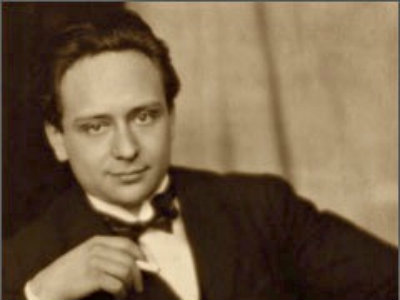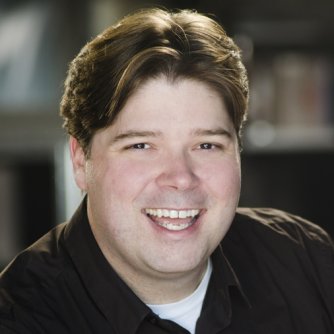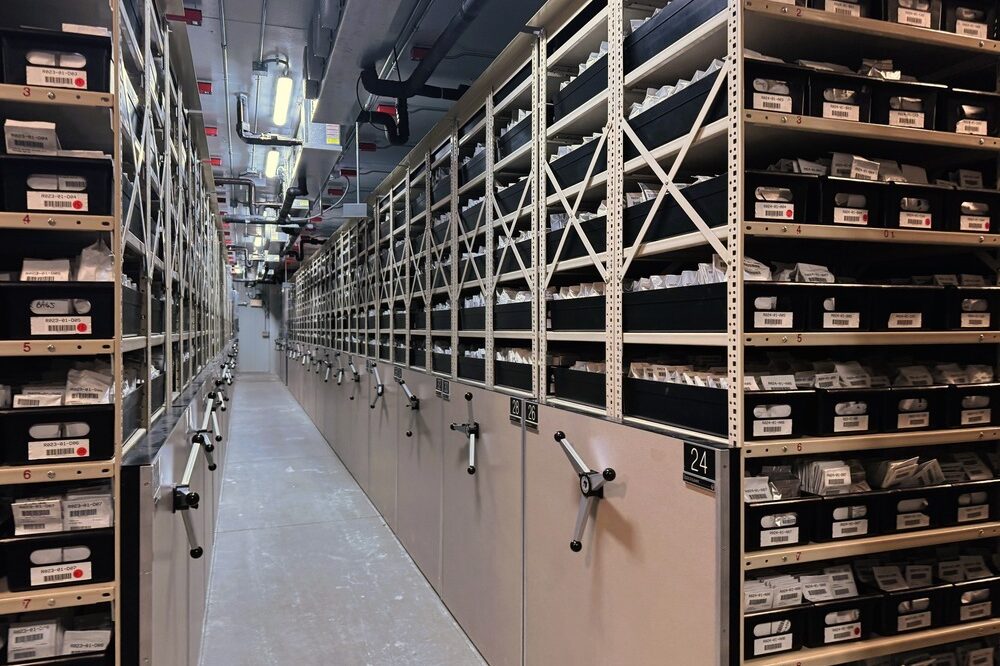
World War II and the Holocaust ended the lives of some of Europe’s most talented composers and sometimes silenced their music.
This week CPR Classical remembers the artists murdered by the Nazis -- and the music that survived and continues to inspire.
“A Voice for the Silenced” airs at 6 p.m. Monday through Friday this week, in honor of the 70th anniversary of the liberation of Nazi concentration camps as well as the Days of Remembrance.
The five-part series is hosted by conductor James Conlon -- who founded the OREL Foundation to champion recovered music from Holocaust-era composers -- and CPR Classical’s Monika Vischer. The series first aired in 2005 and is now part of the archival library at the United States Holocaust Memorial Museum.
One of the recurring topics in “A Voice for the Silenced” is the Terezin ghetto, a concentration camp created by the Nazis to house composers and other artists. The Nazis encouraged musical performances, stage productions and sporting events to create an apparent model community that masked the brutality taking place inside concentration camps across Europe.
Some of Europe’s finest Jewish composers found themselves deported to Terezin. Many of them continued to compose and even wrote some of their best pieces in the ghetto, though few of them survived.
Here’s a sampling of music by composers imprisoned in Terezin, and some of the pieces performed there. Each of the composers in this list wrote memorable pieces while imprisoned in the ghetto, and none of them lived to see the end of World War II.
Viktor Ullmann (1898-1944)

Ullmann was a gifted composer and conductor who studied under Arnold Schoenberg in Vienna and Alexander von Zemlinsky in Prague. When Ullmann was deported to the Terezin ghetto in 1942, the Nazis gave him an unusual assignment, telling him to compose and organize concerts there.
He composed prolifically at Terezin, writing music that included piano sonatas, a string quartet and an opera, “The Emperor of Atlantis.” The opera’s plot offered a veiled criticism of Hitler and the Nazis, and Nazi authorities halted the Terezin production before it could be performed. “The Emperor of Atlantis” saw its world premiere in 1975 (and a memorable Colorado performance in 2013).
Here’s a performance of his String Quartet No. 3, composed while Ullmann was imprisoned in Terezin in 1943.
Hans Krasa (1899-1944)
The Czech composer may be best remembered for “Brundibar,” a 40-minute children’s opera he wrote in 1938. The piece, which tells the story of children trying to find money to help feed their sick mother, was the last music Krasa completed before the Nazis sent him to Terezin in 1942.
In Terezin, “Brundibar” found new life. Krasa reworked the score for the instruments on hand in the ghetto. He and other prisoners staged dozens of performances. The symbolic elements in the story -- the main characters defeat a tyrannical antagonist and sing in a victory march -- appealed to a crowd that had been imprisoned under Nazi rule. Krasa also continued to write new music in Terezin.
Listen to his Passacaglia and Fugue for String Trio:
Gideon Klein (1919-1945)
Like Ullmann and Krasa, Klein also continued to compose and play piano after being deported to Terezin in 1941. He was an enthusiastic supporter of other artists at Terezin, encouraging Krasa, Ullmann and other composers to continue writing.
Because of his relative youth he was sent to the Fürstengrube concentration camp in Poland and put to work as a coal miner. He died there before the end of the war.
Watch an Israeli Chamber Project performance of his String Trio, written in 1944:
Pavel Haas (1899-1944)
Haas distinguished himself first as a protege of composer Leos Janacek. In the 1930s, he became interested in jazz music and began working elements into his own pieces.
Haas composed the piece “Study for Strings” in Terezin in 1943. It saw frequent performances in the ghetto and continues to be performed today.
Ilse Weber (1903-1944)
Weber worked in the children’s infirmary at Terezin after being sent there in 1942. Before the war she had been a poet and a children’s author. While she never worked as a professional musician, in Terezin she began setting some of her poems to simple melodies. She’d sing them and accompany herself on guitar.
Here’s “Lullaby,” performed by mezzo-soprano Anne Sofie von Otter:
Read more about "A Voice for the Silenced" and composers persecuted during the Holocaust.









